Activism
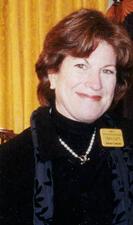
Judith Hirshfield-Bartek
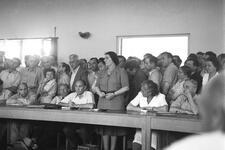
Histadrut
Histadrut (the General Federation of Workers) was founded in 1920 to bring together Jewish workers who had recently arrived in Palestine. Though the organization proclaimed equal treatment and opportunities for women and men workers, the reality was not so simple.
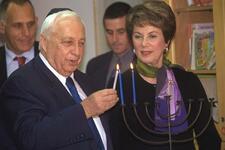
Histadrut Nashim Ivriot (Hebrew Women's Organization)
The Hebrew Women’s Organization was one of the most successful and widespread Zionist women’s organizations to originate in Palestine, rather than North America or Europe. It focused on providing healthcare, social work, and other aid to poor and immigrant women and children across the Yishuv.
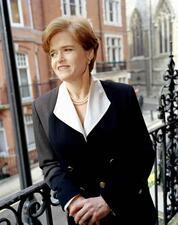
Historians in the United States
American Jewish women have made important contributions to historical scholarship, especially in the arenas of social history of the United States and Europe, women’s history, and Jewish history. Jewish women, sensitive to the situations of minority groups, became pioneers in these fields as they developed from the 1970s on.
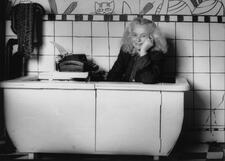
Nicole Hollander
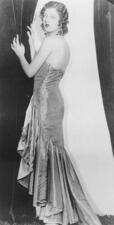
Libby Holman
Singer and actress Libby Holman was known as much for her scandalous personal life and revolutionary activism as for her lush voice. She grew famous performing in Broadway shows and revues throughout the 1920s. Holman was openly bisexual and was accused of murdering her husband, Zachary Smith Reynolds, in 1932. She was actively involved in protesting racial segregation.
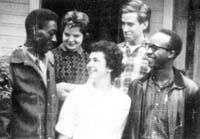
Faith Holsaert
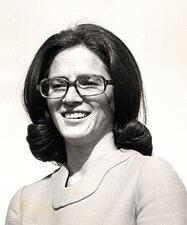
Elizabeth Holtzman
Elizabeth Holtzman pursued a public career epitomizing some of the most important trends in postwar American and Jewish life. In her successive roles as a congresswoman, Brooklyn district attorney, comptroller of New York City, and political commentator, she emerged as an effective and activist public servant, a forceful campaigner, and a champion of liberal and feminist causes.
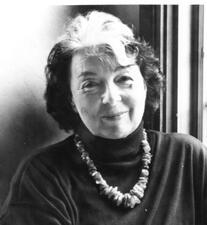
Florence Howe
“The chief editor, fund raiser, cheerleader and occasional staff photographer” is the way the Chronicle of Higher Education described Florence Howe’s work at the Feminist Press. She made the publishing company her life’s work, and her contributions to the field of women’s studies as scholar, editor, and publisher are unparalleled.
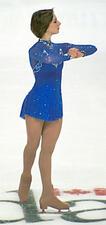
Sarah Hughes
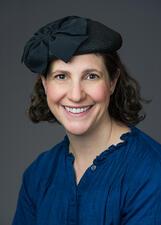
Sara Hurwitz
Sara Hurwitz was the first Orthodox woman to be publicly ordained and serve in an Orthodox synagogue, the Hebrew Institute of Riverdale. She went on to co-found, with Rabbi Avi Weiss, Yeshivat Maharat, the first institution to provide a credentialed pathway for Orthodox women to be ordained and serve as rabbis.
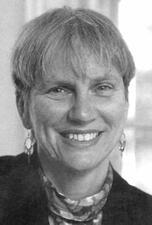
Paula E. Hyman
Distinguished historian Paula Hyman was engaged deeply in Jewish feminism and wrote extensively on the history of Jewish women in an effort to integrate their experience into the Jewish historical narrative. A role model for many, she challenged sacrosanct beliefs and stereotypes with vigor and knowledge and left behind a myriad of scholarly contributions and a profound vision for Jewish women.
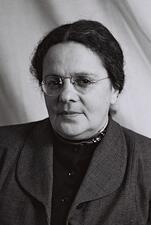
Beba Idelson
Beba Idelson was an Israeli politician and dedicated Zionist activist. She served as a member of the Knesset for sixteen years and was instrumental in shaping the character of the State of Israel, especially as it pertained to women’s rights.
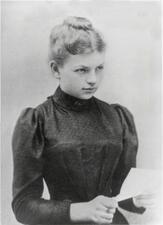
Clara Immerwahr
The first woman to be awarded a doctorate in physical chemistry at a German university, Clara Immerwahr’s her achievements were long overlooked by male-dominated university circles. Immerwahr committed suicide in protest of her husband’s involvement in the implementation of gas attacks during World War I. Recognized only posthumously, her name has become linked with moral responsibility in science.

Jewish Women and Intermarriage in the United States
Marriages between Jews and people of other faiths have long fascinated scholars, clergy, and communal leaders, who often considered the choice of a Jewish spouse as an indication of the strength of ethnoreligious identity and commitment to perpetuating Judaism and the Jewish people. However, many Jewish women who intermarry in the United States continue to identify Jewishly, engage in the Jewish community, and raise Jewish children.
This entry uses gender as category of analysis and change over time to illuminate the experience and meaning of interfaith marriage for Jewish women in America. It describes how women navigated their ethnoreligious identities when they married Gentile men, the influences of feminism, the rise of ethnic consciousness, and parenthood.
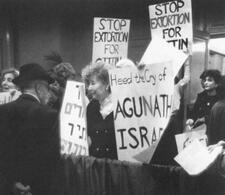
International Coalition for Agunah Rights (ICAR)
International Coalition for Agunah Rights (ICAR) was created to solve the problem of women whose husbands refuse to grant them Jewish divorces, through a combination of education and activism. Although some of the member organizations remain active in North America, ICAR itself has become a primarily Israel-focused coalition.
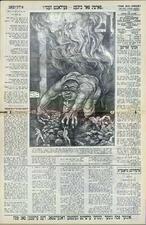
International Ladies Garment Workers Union
The International Ladies Garment Workers Union was founded in 1900 by eleven Jewish men who represented seven local East Coast unions with heavy Jewish immigrant populations. Initially excluded from the union, women began organizing and eventually developed bargaining power after the Uprising of the 20,000 in 1909.
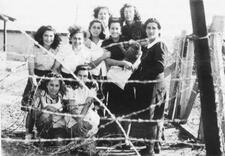
Irgun Zeva'i Le'ummi (I.Z.L.)
The Irgun Zeva’i Le’ummi was a Jewish underground armed organization formed in 1931 to fight British mandatory forces and Palestinian Arabs and their allies in the effort to form a Jewish state. Women were involved in all parts of the organization, from propaganda production and distribution to combat.
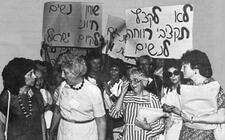
Israel Women's Network
The Israel Women’s Network (IWN) was founded in 1984 and is responsible for many of the feminist breakthroughs in Israel. Though the success of IWN led to an undesirable degree of politicization, it remains an active agent in Israeli feminism.

Jewish Women and Israeli Dance in Brazil
In various parts of Brazil, women have taken on important roles for the Israeli dance establishment as a sociocultural practice within their Jewish communities. The text presents the names of some pioneer women in this process and other ones that have been preserving this traditional Jewish expression of dance for years.
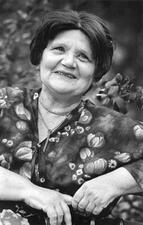
Israeli Women's Writing in Hebrew: 1948-2004
Women writers faced many obstacles in the early years of modern Hebrew, but by the end of the twentieth century they had overcome marginalization to become a central part of the country’s literature. The achievements of women’s writing in Hebrew rank among the unquestionable triumphs of Israeli feminism.
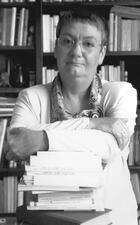
Modern Italy
Jewish women were crucial both to changes in post-emancipation Italian Jewish life and to the overall condition of women in modern Italy. This article reflects on the changes in the role of Jewish women in modern Italy within the Jewish press and institutions, their activism in shaping a secular civil society, and their experiences through the Fascist regime, the trauma of the 1938 Racial laws, emigration, resistance, deportation, survival, and reconstruction.
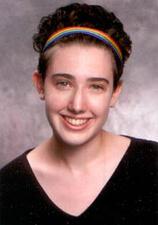
Shulamit Izen
Izieu, Women of
Nazi Klaus Barbie’s capture, deportation, and murder of forty-four Jewish children living at a home in Izieu, France, in 1944 is known primarily as a story of children, but the bravery of five women is also a significant part of the tale. Sabine Zlatin, Léa Feldblum, Suzanne Levan-Reifman, Fourtunée Benguigui, and Ita-Rosa Halaunbrenner were workers at the home or mothers of children who lived there. They played critical roles testifying against Barbie in his 1987.
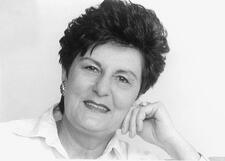
Dafna Nundi Izraeli
Feminist sociologist and peace activist Dafna Nundi Izraeli spent her life dedicated to women's studies, a field of inquiry previously largely unrecognized and trivialized by Israeli academia. She was among the first researchers in Israel to point out the connection between the gender power structures in the Israel Defense Force and in Israeli civilian society. Through her academic and political leadership roles, she worked tirelessly for the advancement of feminist values and scholarship.


